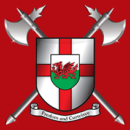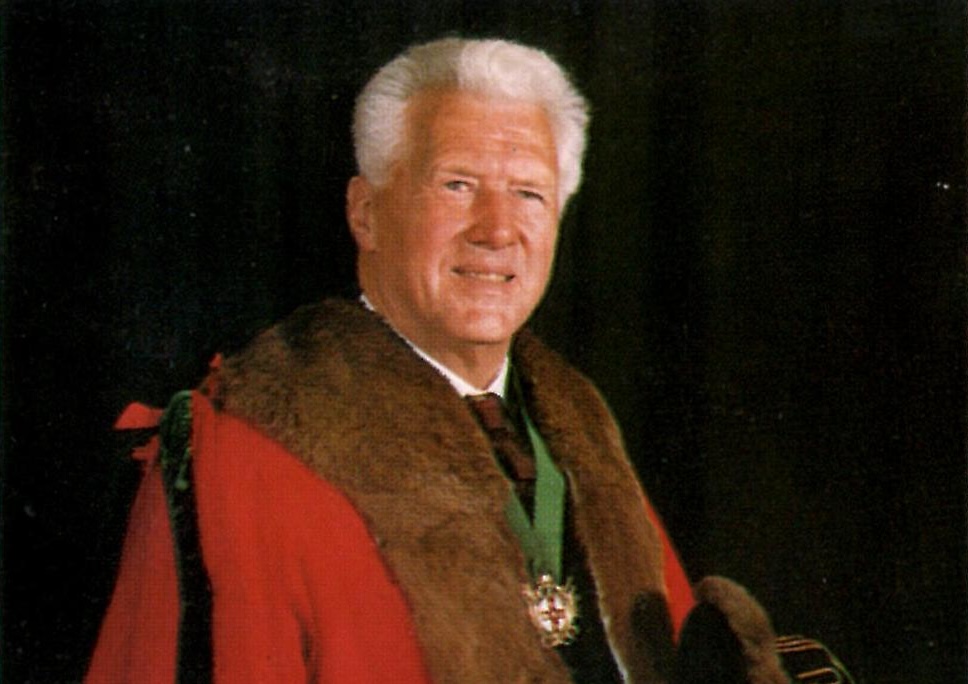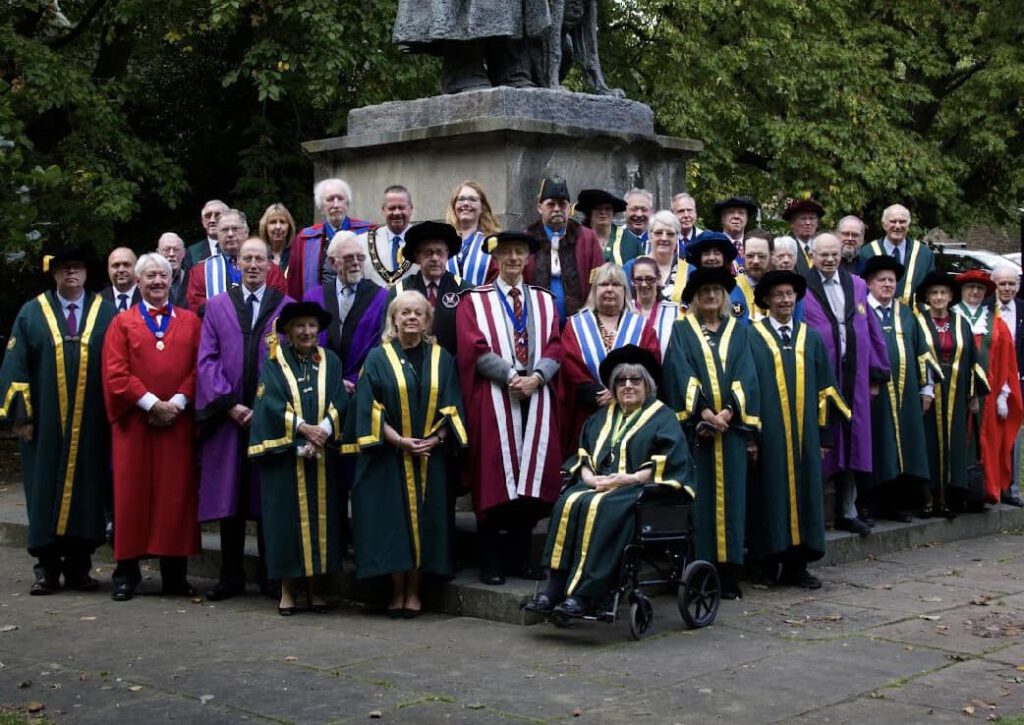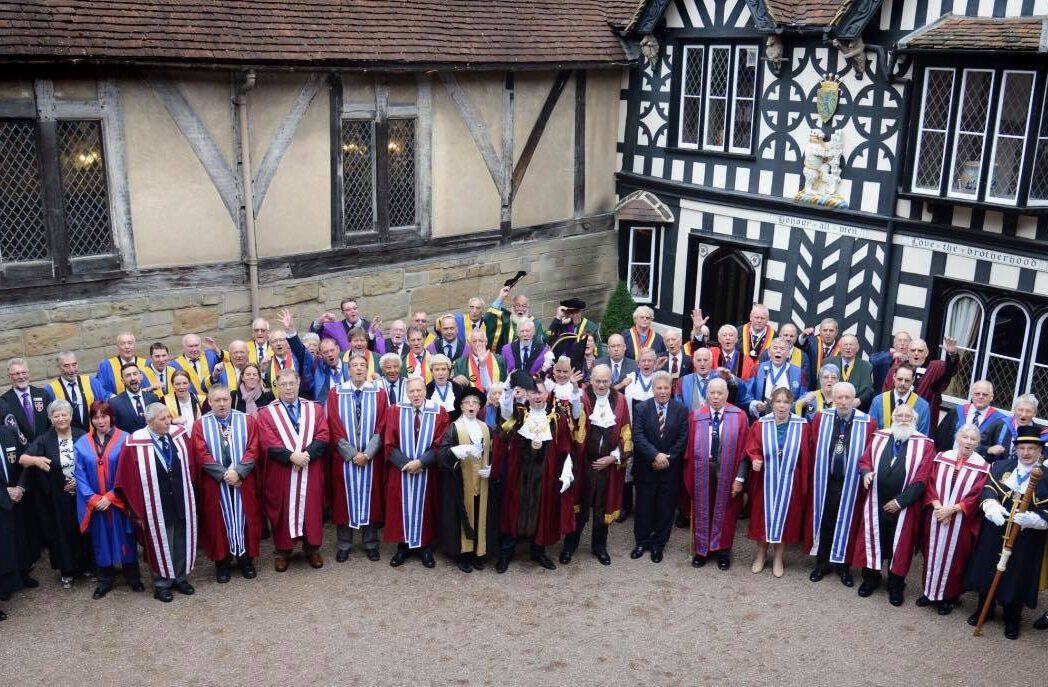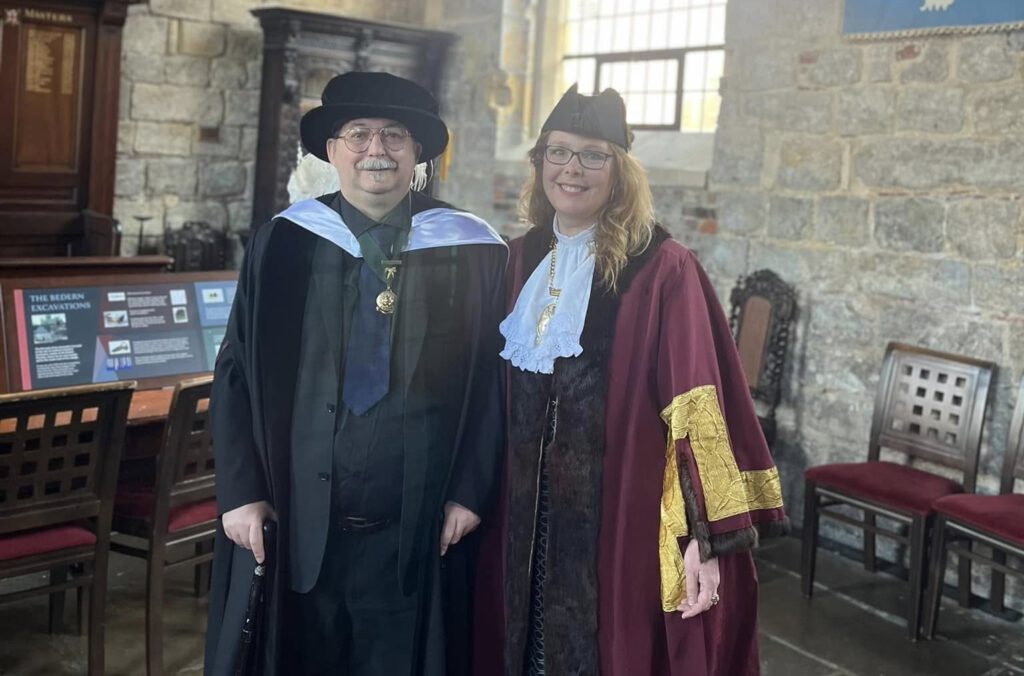“The origins of the Freedom are lost in the mists of time, but for many generations the Freemen or Burgesses formed the governing bodies of almost all the Boroughs of the land.”
The Freemen of England & Wales is an association of guilds (gilds) or similar bodies, and of individual freemen, from towns and cities throughout England and Wales.
About Us
- The association was established in 1966 to represent the Freemen bodies in towns and cities throughout England and Wales.
- The association is non-political and brings together like-minded individuals who enjoy participating in their civic heritage.
- The Freemen of England and Wales today continue to celebrate and participate in their civic heritage, maintaining the traditions and rights that have been passed down through generations.
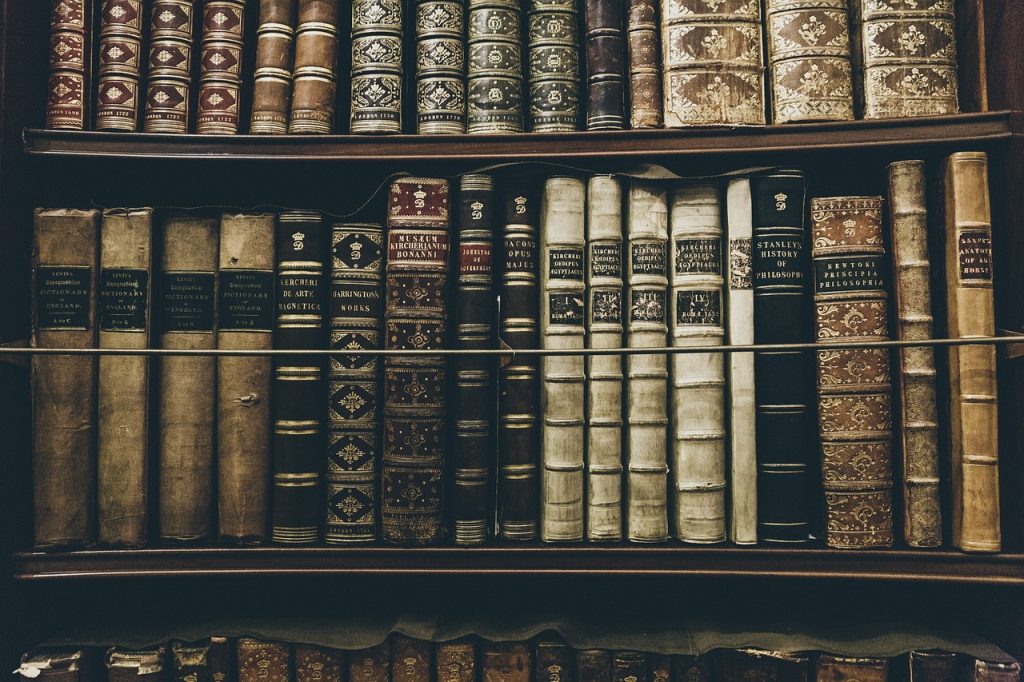
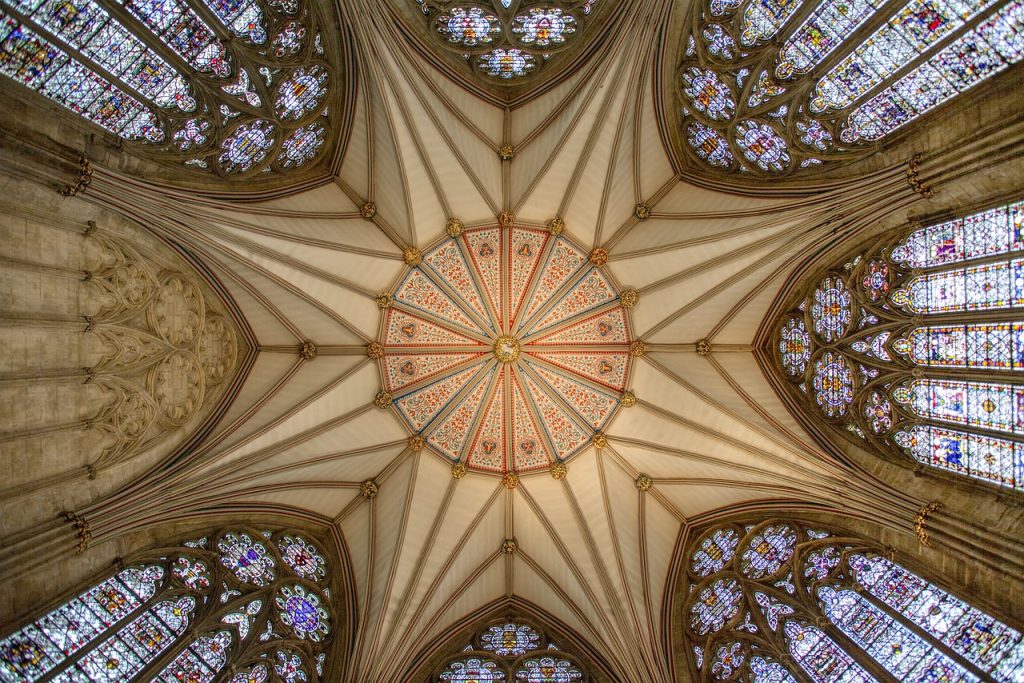
What is a Freeman ?
The term “Freeman” or “Burgess” historically referred to individuals who were free from feudal servitude and had the right to trade and own property within the boroughs.
